Japan needs to reduce its heavy reliance on the United States, embrace a more independent diplomatic stance, and strengthen its ties with emerging countries in the Global South, experts said.
They expect Japan-U.S. relations to witness some tensions and friction under the incoming Donald Trump administration in Washington, pointing to Trump's "America First" agenda, likely trade tariffs and security cooperation issues.
Trump's approach to diplomacy and defense appears focused on maximizing U.S. interests. In dealings with Japan, he is expected to apply pressure to secure substantial advantages for the U.S.. This could involve urging Japan to increase its purchase of U.S.-made weapons to bolster deterrence and demanding a greater financial contribution toward hosting U.S. forces in Japan, according to Kazuyuki Hamada, an international political economy scholar and Japan's former parliamentary vice-minister for foreign affairs.
Moreover, Trump may impose a blanket tariff of 10 to 20 percent on imports from allied nations, including Japan, and could target Japanese automobiles with higher tariffs. Such policies would place additional economic strains on Japan.
"The Japan-U.S. relationship is undeniably vital, but one-sided demands from the United States are likely to provoke a backlash among the Japanese public. Should the Japanese government refuse to comply, such tensions could escalate into economic and security frictions within the bilateral relationship," said Hamada.
While former Japanese prime ministers have prioritized the Japan-U.S. relationship as a cornerstone of their diplomatic agenda, the core challenge lies in the ongoing decline of the U.S. political, economic, and military influence, he said.
"Japan must strengthen its ties with emerging countries in BRICS and the Global South, signaling a willingness to move beyond an era defined by U.S. dominance," Hamada said.
Japanese Prime Minister Shigeru Ishiba's Liberal Democratic Party recently suffered a significant defeat in the House of Representatives election, leaving it as a minority government.
"Unless Ishiba can find a 'deal-making' card to engage Trump, Japan-U.S. relations are likely to be dominated by unilateral demands from Washington, leaving Japan at the mercy of American pressure," Hamada said.
Before becoming the leader of the LDP and taking office as prime minister, Ishiba had advocated for revising the Japan-U.S. Status of Forces Agreement, or SOFA, and proposed to establish an Asian version of NATO. However, after assuming his roles as LDP president and prime minister, he shelved these initiatives, describing them as "long-term issues" and adopting a more ambiguous stance.
Facing resistance
Ishiba's views on these matters have faced resistance from U.S. officials, and ASEAN opposes the concept of an "Asian NATO".
It is likely that Ishiba recognized the potential negative consequences his positions could have on both U.S.-Japan relations and broader Asian diplomacy. On the other hand, abandoning his push for SOFA revision risks alienating many residents of Okinawa, who live near U.S. military bases and have long supported such changes, said Noriyuki Kawamura, emeritus professor at Nagoya University of Foreign Studies.
If Ishiba continues to leave calls for SOFA revision unaddressed, public support for his cabinet is likely to erode further, said Takakage Fujita, secretary-general of the Association for Inheriting and Propagating the Murayama Statement, a Japanese civic group.
Fujita also expressed concern that Ishiba may struggle to firmly resist the unreasonable demands expected from the U.S.. Instead, he might reluctantly concede to them, which could further weaken his leadership and political standing.
"Japan's diplomacy must break away from excessive dependence on and subservience to the United States. For the sake of Japan's future, the key to protecting national interests lies in cultivating equal and balanced diplomatic relationships with the world's major powers," Fujita said.








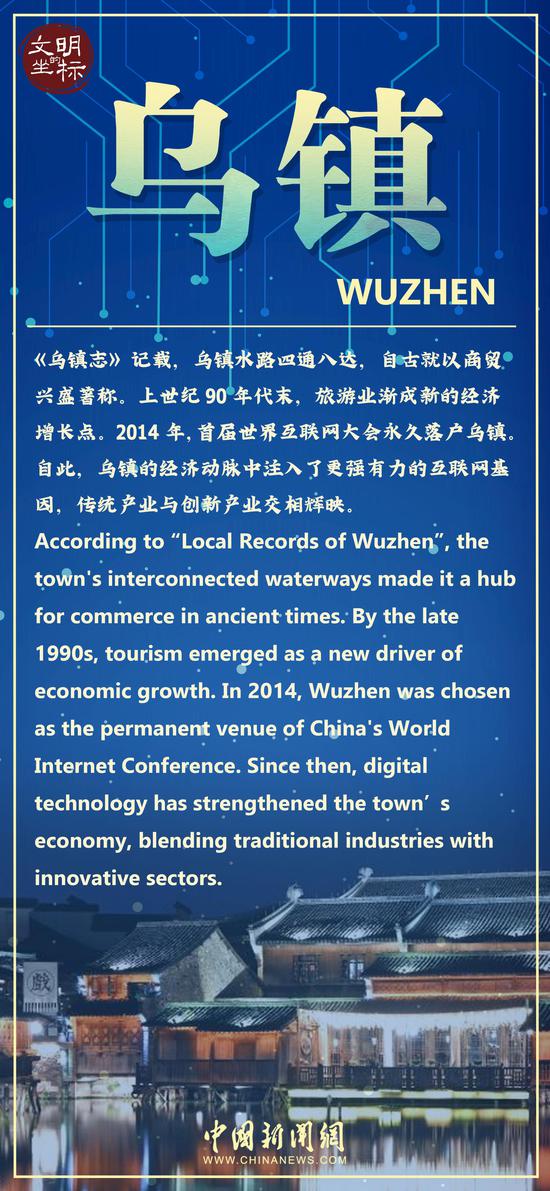



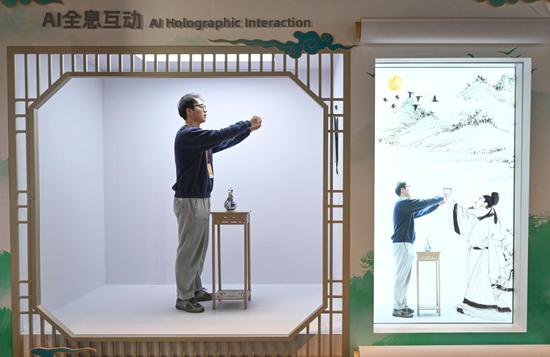



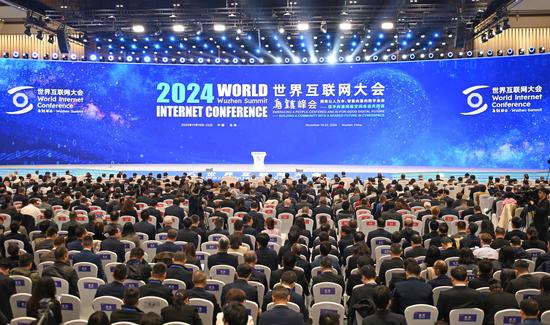


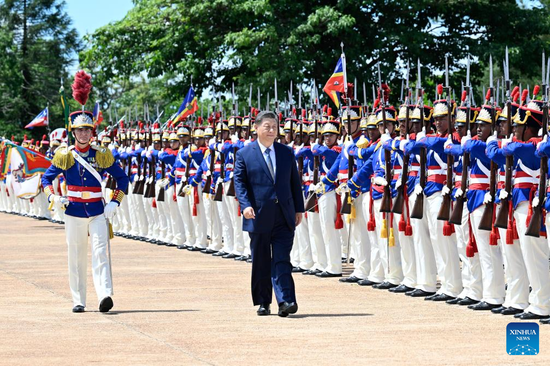

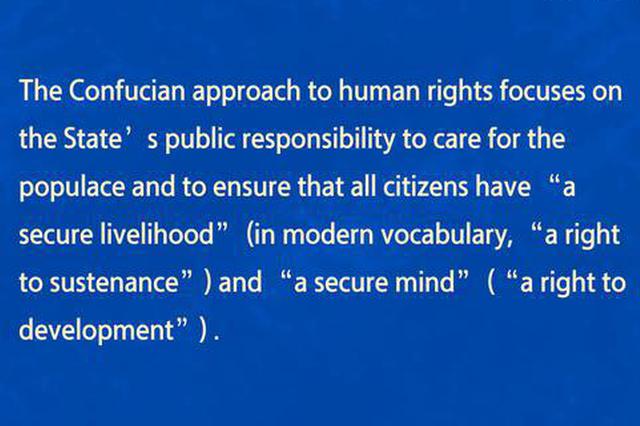
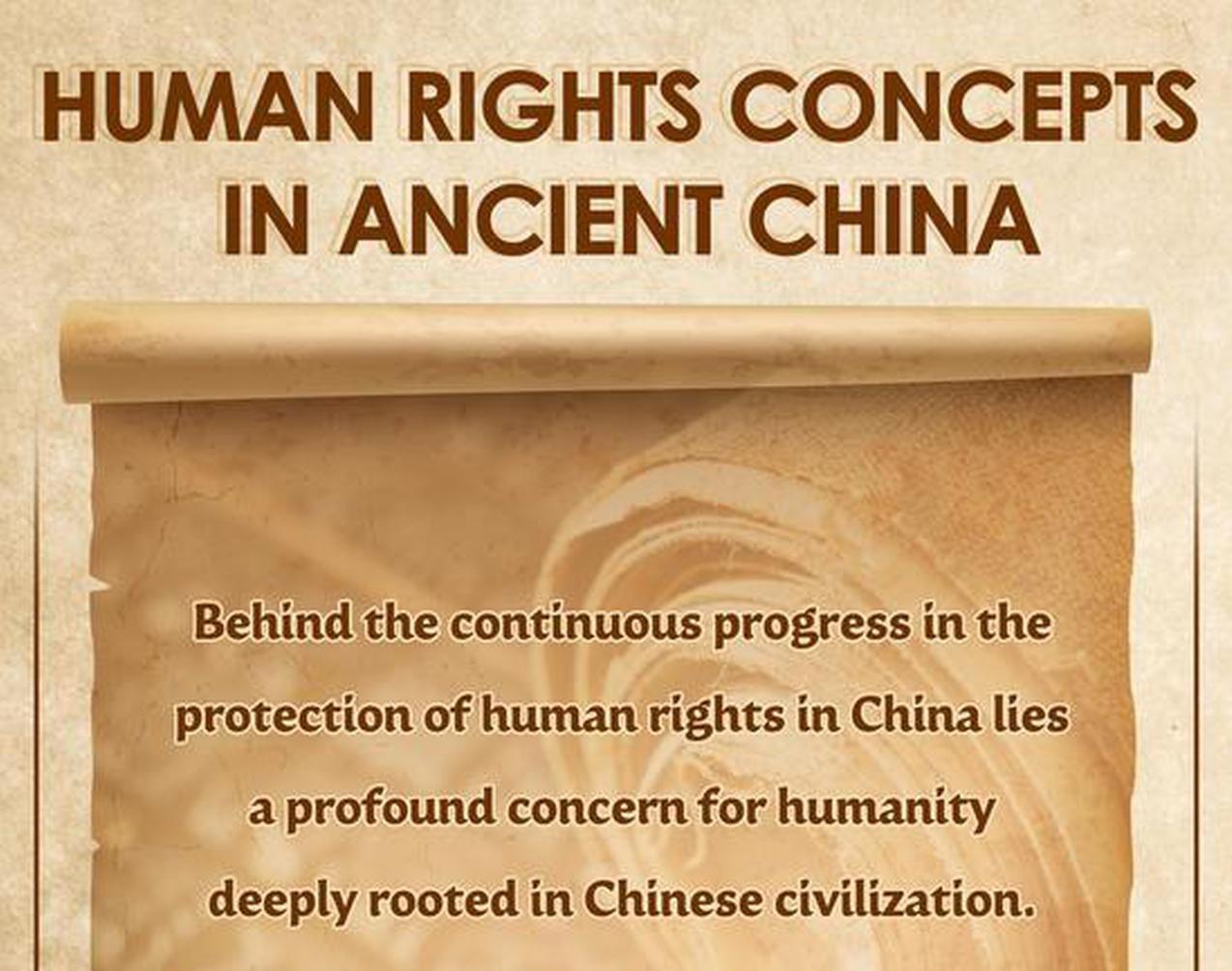



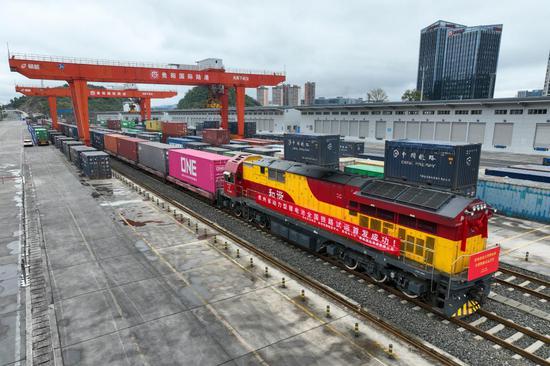
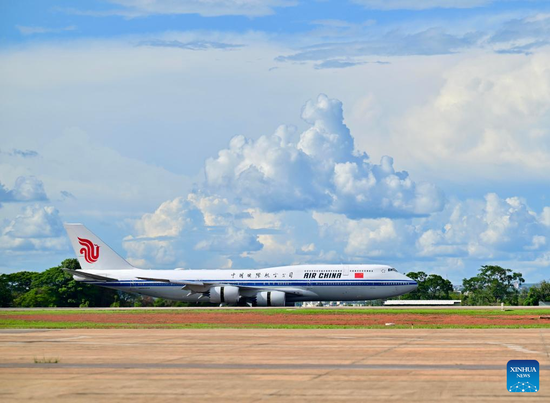



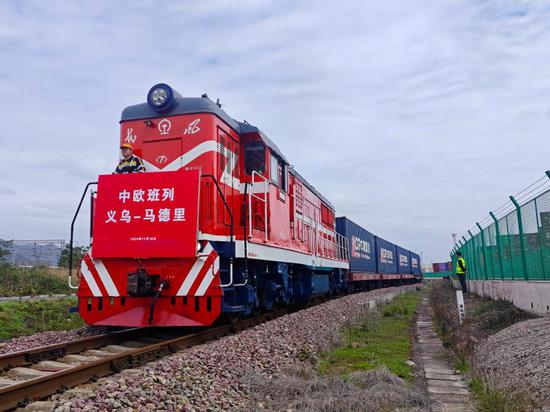
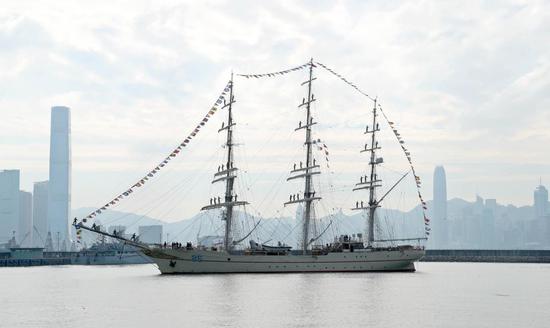

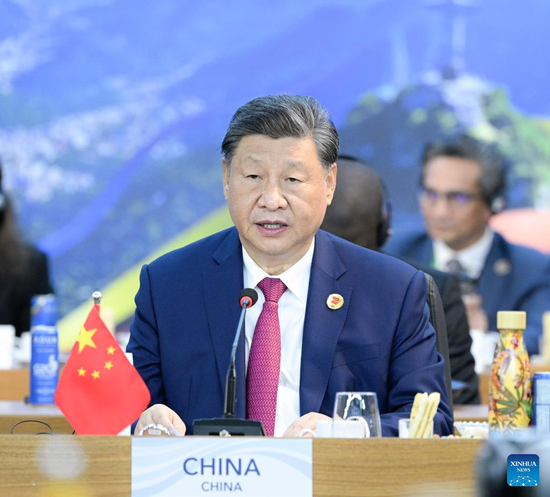


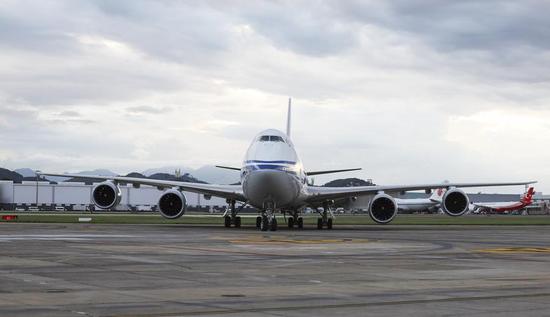
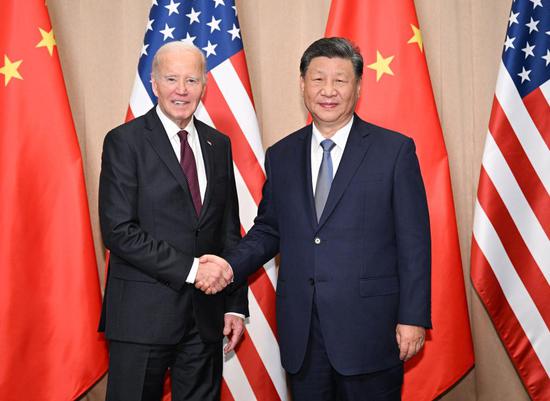
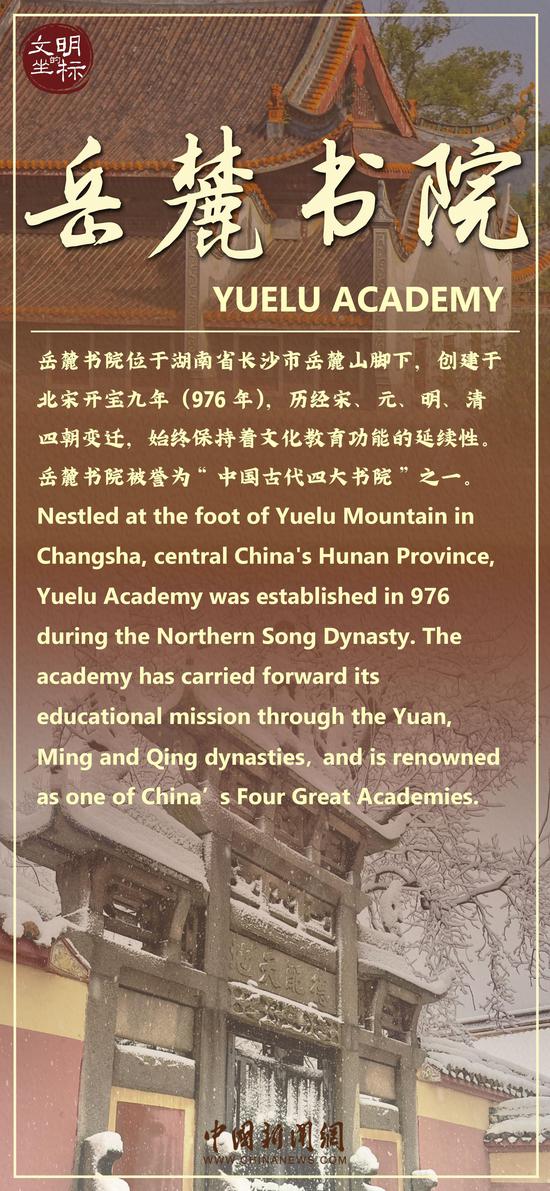

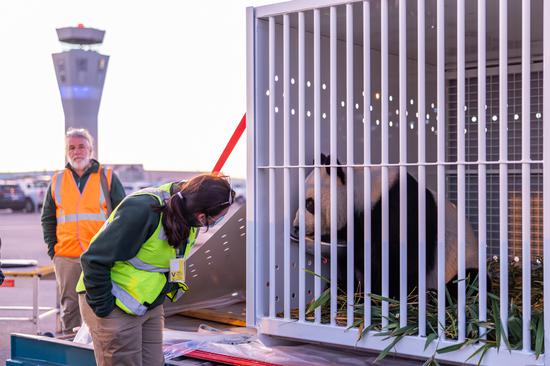


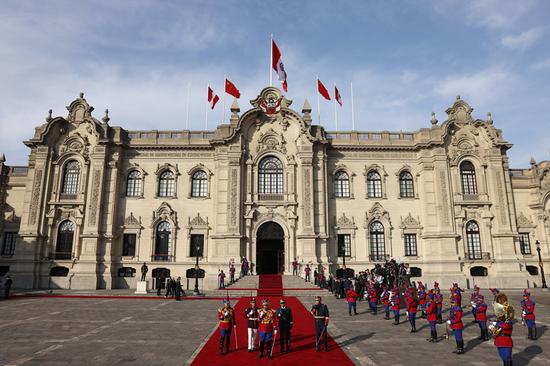



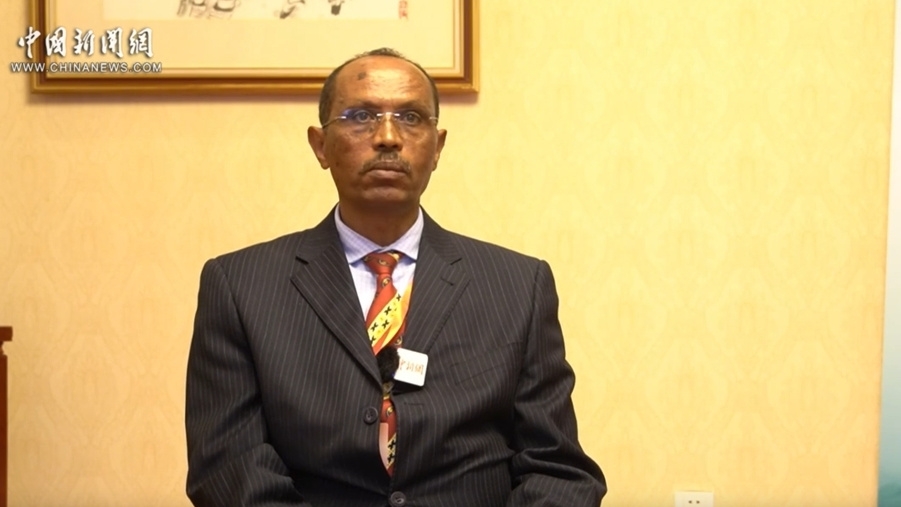

 京公網安備 11010202009201號
京公網安備 11010202009201號